Butte, Montana: J. Edgar Hoover's FBI Siberia
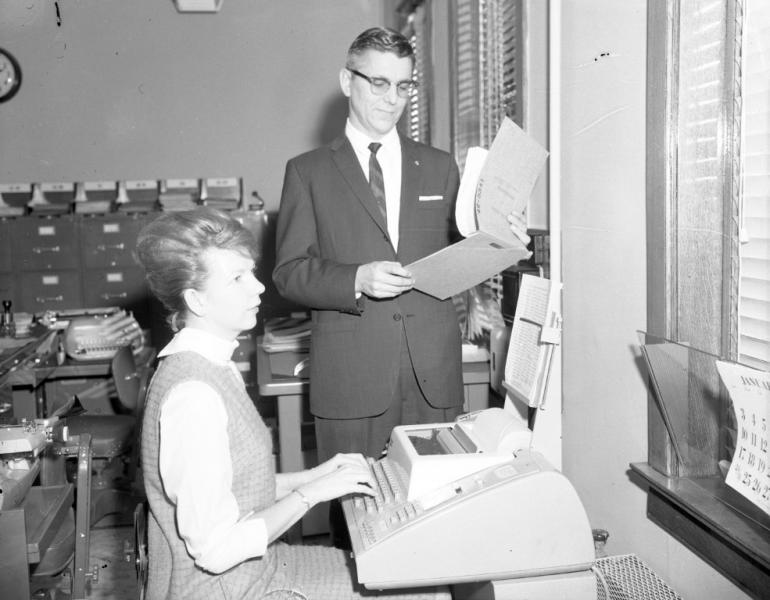
In 1970, Special Agent John Shaw was attending a graduate-level class in New York City and his professor, very critical of the FBI, made some remarks that Agent Shaw thought were unfair. He replied by writing a 16-page letter defending the FBI, while also admitting that it may have some faults. And that some of those faults might be attributable to the "cult of personality" surrounding J. Edgar Hoover, the secretive and imperious founder of the Bureau.
He sent the letter to the typists' pool, where a "routine inspection" of the secretarial garbage cans revealed incomplete drafts of the document. The letter, which Hoover biographer Curt Centry called "sincere, albeit naive," rankled the top brass at the FBI. Shaw was ordered to hand over the complete letter. He refused.
Before the day was over, Shaw got a message from Hoover himself. Hoover told him he'd committed a grave error and that it was "atrocious judgment" to answer the professor's criticism at all—better to report it, and let the notoriously capricious Hoover deal with it himself. In the end, Shaw had his gun and badge taken away. But the worst insult was yet to come: Hoover transferred Shaw to Butte, Montana—as close to Siberia as he could muster.
Or, as Shaw put it in an interview quoted by the Washington Post, Hoover wielded Butte like "a sinkhole office of disciplinary assignment, the Devil's Island of the bureau... They couldn't establish the basis for firing me, so they did the next best thing—send me into exile." Shaw, whose wife was gravely ill, refused the post and resigned. He would go on to a long career at the Immigration and Naturalization Service, after publicly criticizing the FBI and the reason for his reassignment to the boonies.
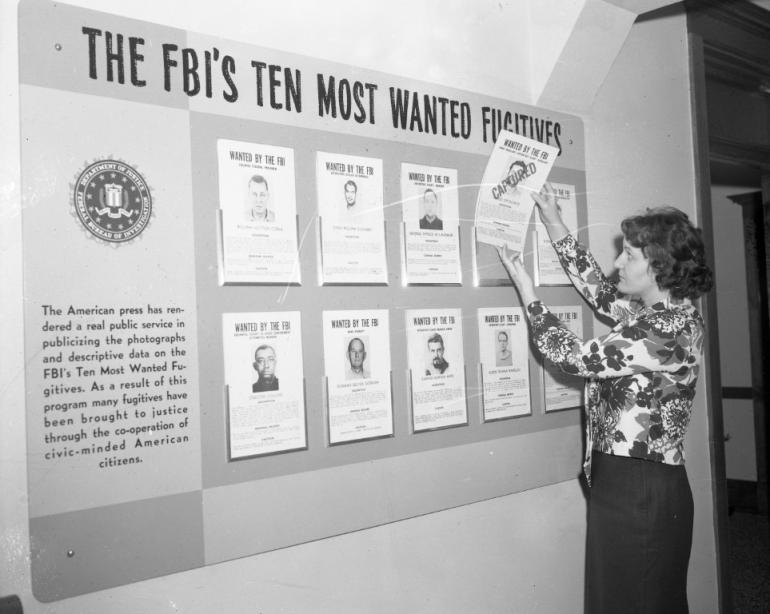
Sometimes, even a promotion was still a punishment. Guy Bannister, familiar to devotees of JFK assassination conspiracies (and played by Ed Asner in the furiously spurious JFK), received what was ostensibly a promotion to his first SAC (Special Agent in Charge) post in Butte. There, from 1938 to 1941, and then again from 1943 to 1952, he oversaw the Butte Field Office.
His post-FBI career was spotty; he was hired by the New Orleans Police Department, but fired when he drunkenly pulled a gun in a French Quarter bar.
Always right-leaning, he became staunchly far-right, testifying that the integration of schools was a Communist conspiracy. On the day of Kennedy's assassination, his like-minded secretary jumped up from her desk and shouted, "He's dead! He's dead! He's dead!" after hearing on the radio of the president's demise. He was evicted from his office in 1964, having been delinquent on his payments for over a year.
Eventually he would run afoul of JFK assassination investigator Jim Garrison (that's Kevin Costner for you Oliver Stone's JFK heads out there), who would allege for decades, without much hard evidence, that Bannister was somehow a CIA contact, and not just a hard-drinking racist New Orleans private detective.
Nevertheless, the promotion to Butte and to the position of SAC must have been for doing something good, right?
Well, not exactly.
According to an HSCA (United States House of Representatives Select Committee on Assassinations) interview with one of Bannister's associates, Bannister was only sent to Butte after Hoover had asked agents for a frank assessment of the FBI and its inner workings, and Bannister had apparently sent a memo from Chicago in which he called Hoover's Bureau a prostitute who wanted to keep her virginity.
Off to Butte, then, with Agent Bannister.

Sometimes, agents were sent to Butte for things even more capricious than that. In 1978, the New York Times quoted a Justice Department official as saying that the FBI officials who were sending agents away to Butte "are the guys who were ruining other guys' careers if they caught them cheating on their mileage or drinking coffee on Government time."
And yet, something about all of this doesn't quite jibe, does it? Those of us who know Butte know it's a beautiful, even regal city, surrounded by beautiful mountains, streams, rivers, lakes, and wildernesses and peopled by hard-working folk. Could a close reading of the facts reveal a counter-narrative? Might we find that Hoover, who had never been to Butte himself, was sending his ill-favored enemies to a paradise as a punishment?
Take a 1941 issue of the FBI's employee magazine, called The Investigator. There, in the section where each field office reports the news from their territory, we find this charming dispatch:
"During the past winter SAs JERRY CAMPBELL and BILL NITSCHKE in covering an expedite lead, went into Yellowstone Park to the Yellowstone Canyon Hotel by snowshoe and have photos to prove it, some of which will be soon be forwarded to this publication. They report that winter scenes in the Park surpass those seen by the summer tourist and are extremely interesting for the reason few persons have had the opportunity to make such a trip. The wild game consisting of elk, deer, moose, mountain sheep, antelope, and buffalo were in abundance and viewed the two agents with some curiosity and, in some instances, from exceedingly close range.
'Nimrod' NITSCHKE, who incidentally has secured one of about ever kind of wild game in this section this year climaxed his remarkable performance with bringing down an elk, a large portion of which was consumed in a 'feed' while all 'hands' were in Butte during the last conference."
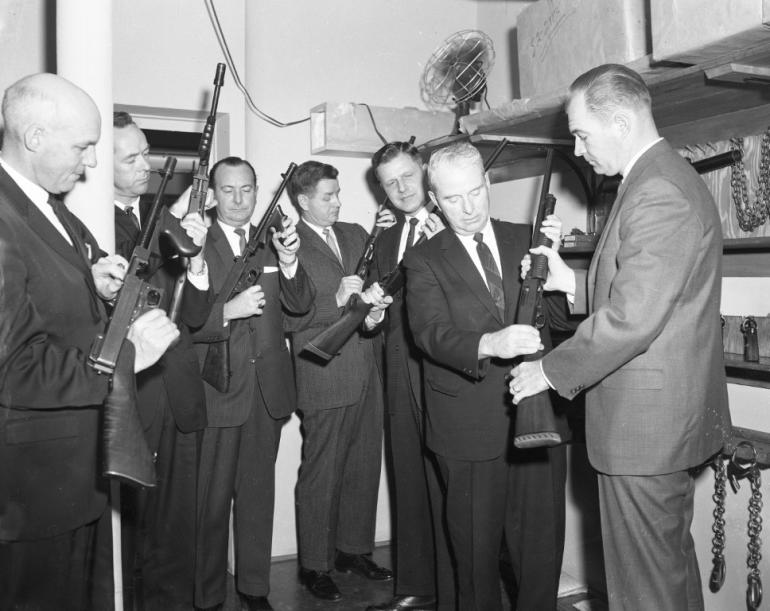
And, of course, this whimsical description of springtime in Butte's FBI:
"...[S]pring has no doubt arrived which is much more than reports from some of the so-called banana belts indicate is taking place in their respective localities. Any Bureau personnel passing through this territory are cordially invited to attend the swimming party to be held by the Butte Office staff on Wednesday next. And if you think we are kidding or that this is a 'screwy lead,' you need merely accept the invitation."
Was exile in hell really a reassignment to heaven?
A 1988 piece in the Washington Post entitled "FBI Agents' 'Siberia' Lives On," found that "In recent years, the office has become a choice assignment for outdoorsmen." Quoting a former agent, Richard Dawson, who had transferred to the office in 1968 and stayed there many years before retiring, the article says, "People here as a matter of preference by far outnumbered the few here as a matter of supervision. I came here because I like to hunt and fish."
Or, as historian and author of The FBI told the Chicago Tribune in 1966, "The truth is that agents ended up liking it. It may seem like the end of the Earth to some, but for fishermen and hunters, it was wonderful."
Sadly, the Butte Field Office of the FBI closed in 1989, replaced by a processing center for records, and then later, even that was closed. Now, Montana is under the jurisdiction of the Salt Lake field office, which hasn't blunted its effectiveness much; they still nabbed the late-but-not-so-great Unabomber, didn't they?
Maybe if J. Edgar Hoover had ever been to Montana and Butte in particular, he'd have realized his mistake. He should have sent the bad agents to North Dakota.
And then he should have taken up hunting and fishing, and moved to Montana himself.

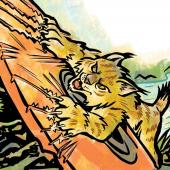

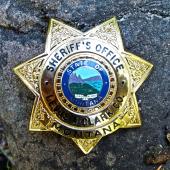

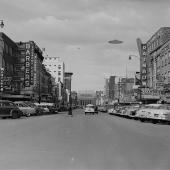
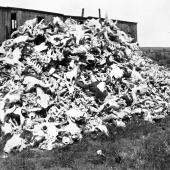
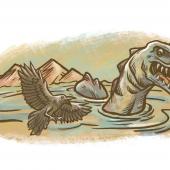
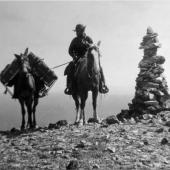
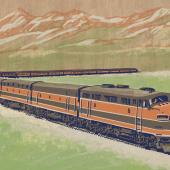
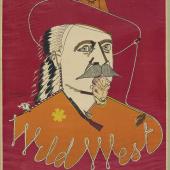
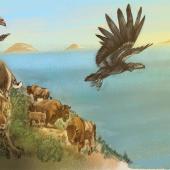
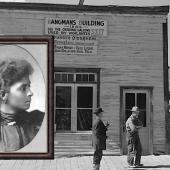
Leave a Comment Here